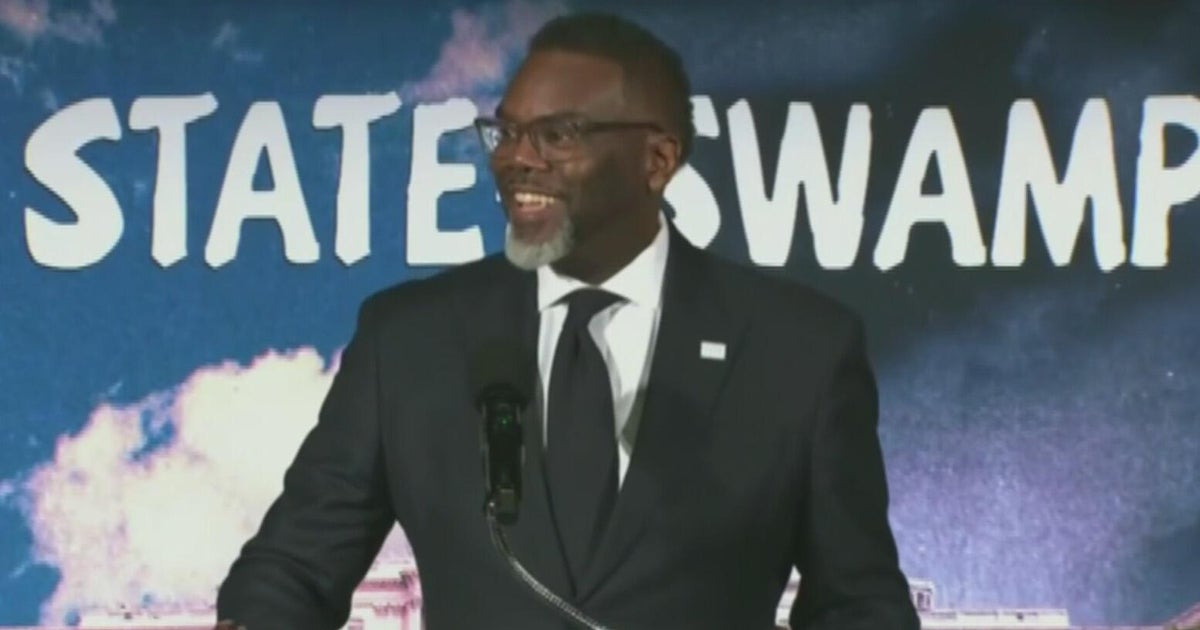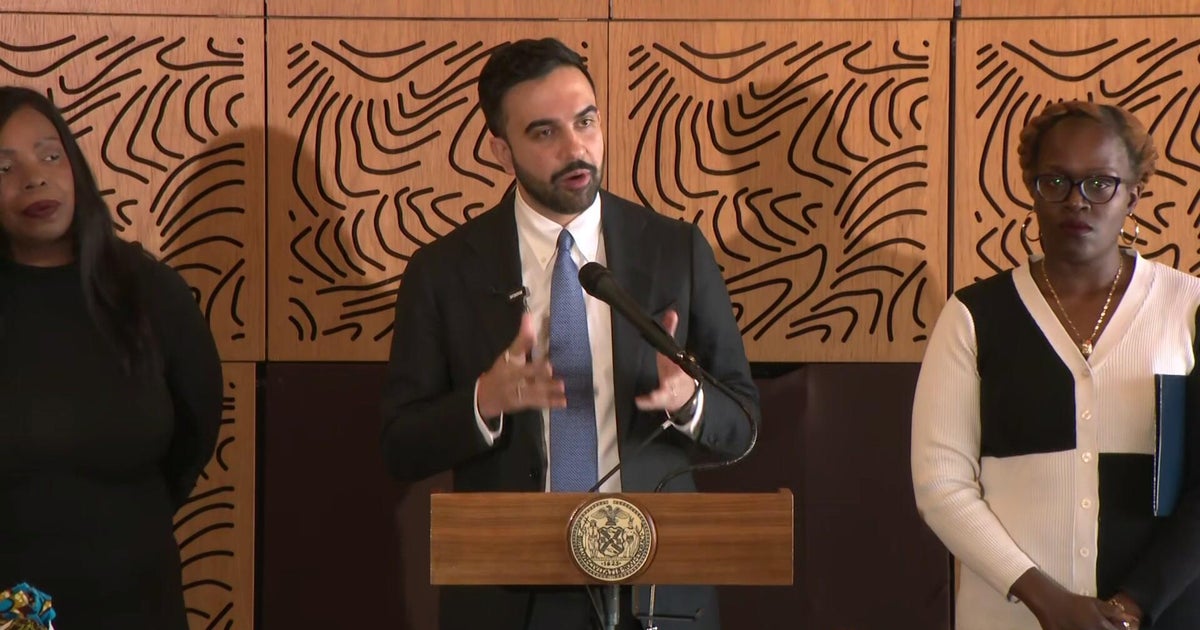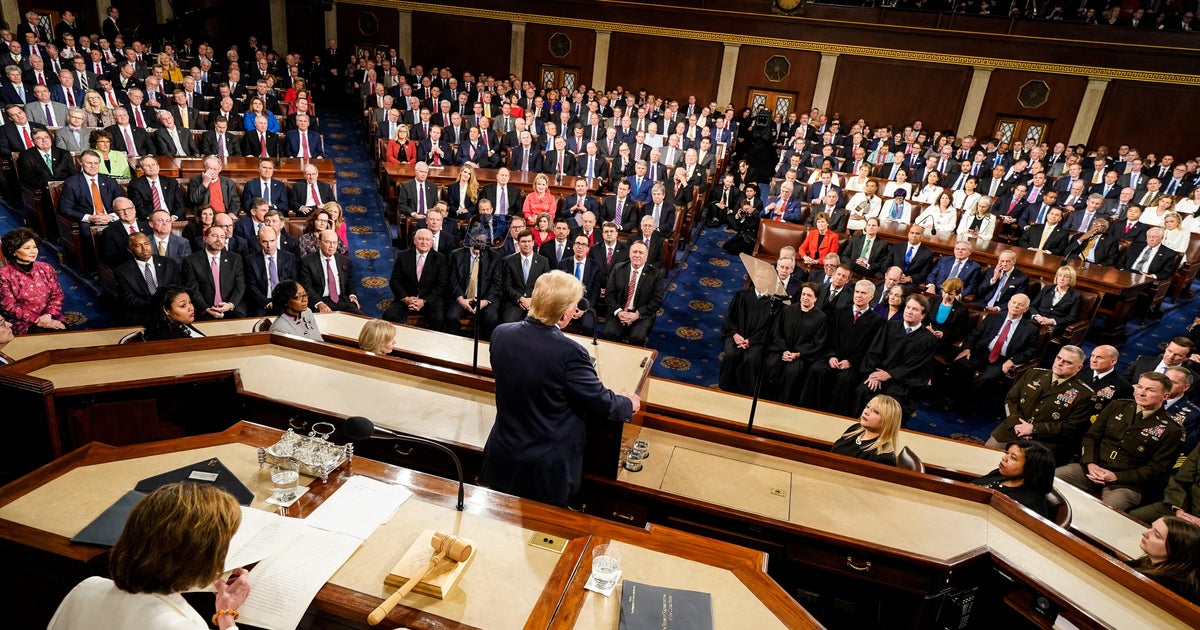Minnesotans Brace For Possible Insurance Changes
MINNEAPOLIS, Minn. (WCCO) -- Minnesota's Attorney General is joining a number of states in a lawsuit following President Donald Trump's rollback on parts of the Affodable Care Act.
Friday night, the president signed an executive order eliminating cost-sharing reduction or CSR payments to insurers. Those payments are used to help lower health care costs for those with low to moderate income.
Attorney General Lori Swanson announced the filing Friday afternoon on behalf of roughly 11,00 Minnesotans who qualify for CSRs and get their health plans from private insurers.
"We expect to ask for injunctive relief or probably a restraining order," Swanson said.
The federal subsidies are set to end Oct. 18, just days before Minnesota insurers were scheduled to receive a payment.
"The legal argument is they are violating federal law by not making payments that are statutorily required. You can't just end statutory payments especially after you've been making them for so long," Swanson said.
The executive order is not expected to affect rates in 2018. Open enrollment begins in just a matter of weeks and insurance rates, for next year, have already been determined.
"The choices for getting insurance on your own, in 2018, are pretty much set," said Jim Schowalter, President of the Minnesota Council on Health Plans.
The majority of Minnesotans who qualify for CSRs get their health insurance through MinnesotaCare.
Nearly ninety-thousand Minnesotans with low income rely on the state health care program for their health plans
"MinnesotaCare is going to have the biggest hit," Schowalter said.
The impact of that financial hit to the program has yet to be determined. Schowalter said it's too early to determine how premiums, co-pays or the MinnesotaCare plans would be affected.
"You always have to have some money available to make sure you can pay those unexpected medical bills. The federal government is making that margin tighter for the state," Schowalter said.
The executive order does not impact seniors on Medicare or those who receive insurance through work.
No word on how quickly a judge might act on that injunction.







